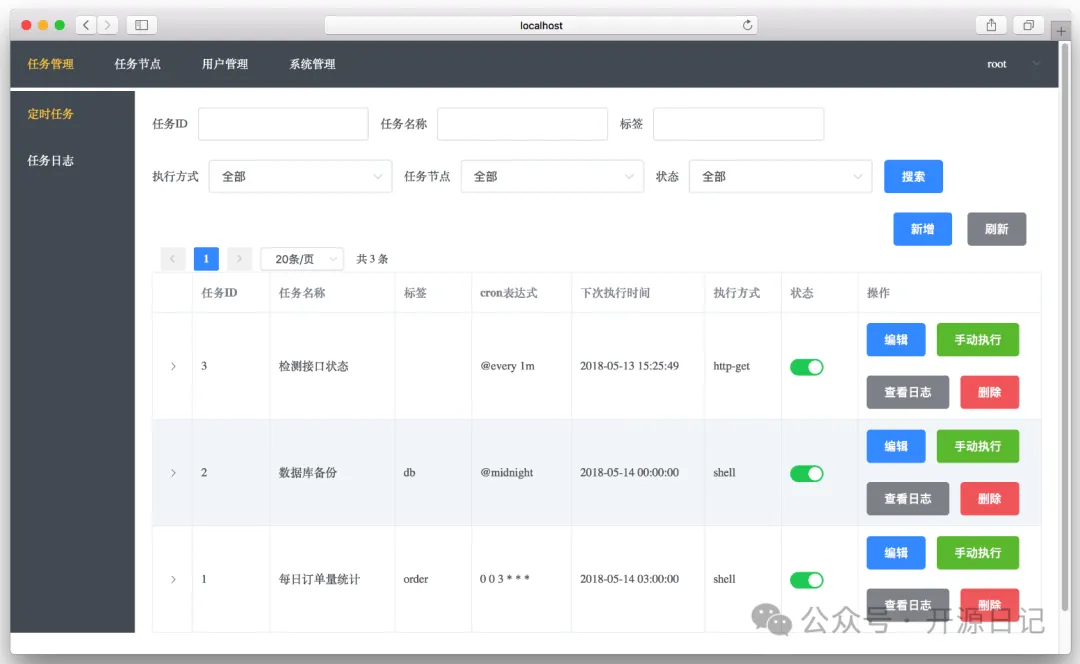nodejs和nginx都可以反向代理,解决跨域问题。
本地服务
const express = require(\'express\')
const app = express()
//如果它在最前面,后面的/开头的都会被拦截
app.get(\'/\', (req, res) => res.send(\'Hello World!\'))
app.use(express.static(\'public\'));//静态资源
app.use(\'/dist\', express.static(path.join(__dirname, \'public\')));//静态资源
//404
app.use(\'/test\', function (req, res, next) {
res.status(404).send(\"Sorry can\'t find that!\");
});
app.use(function (req, res, next) {
//TODO 中间件,每个请求都会经过
next();
});
app.use(function (err, req, res, next) {
//TODO 失败中间件,请求错误后都会经过
console.error(err.stack);
res.status(500).send(\'Something broke!\');
next();
});
app.listen(4000, () => console.log(\'Example app listening on port 4000!\'))
与request配合使用
这样就将其它服务器的请求代理过来了
const request = require(\'request\');
app.use(\'/base/\', function (req, res) {
let url = \'http://localhost:3000/base\' + req.url;
req.pipe(request(url)).pipe(res);
});
使用http-proxy-middleware
const http_proxy = require(\'http-proxy-middleware\');
const proxy = {
\'/tarsier-dcv/\': {
target: \'http://192.168.1.190:1661\'
},
\'/base/\': {
target: \'http://localhost:8088\',
pathRewrite: {\'^/base\': \'/debug/base\'}
}
};
for (let key in proxy) {
app.use(key, http_proxy(proxy[key]));
}
监听本地文件变化
使用nodemon插件。
--watch test指监听根目录下test文件夹的所有文件,有变化就会重启服务。
\"scripts\": {
\"server\": \"nodemon --watch build --watch test src/server.js\"
}
以上就是本文的全部内容,希望对大家的学习有所帮助,也希望大家多多支持。
© 版权声明
THE END










暂无评论内容